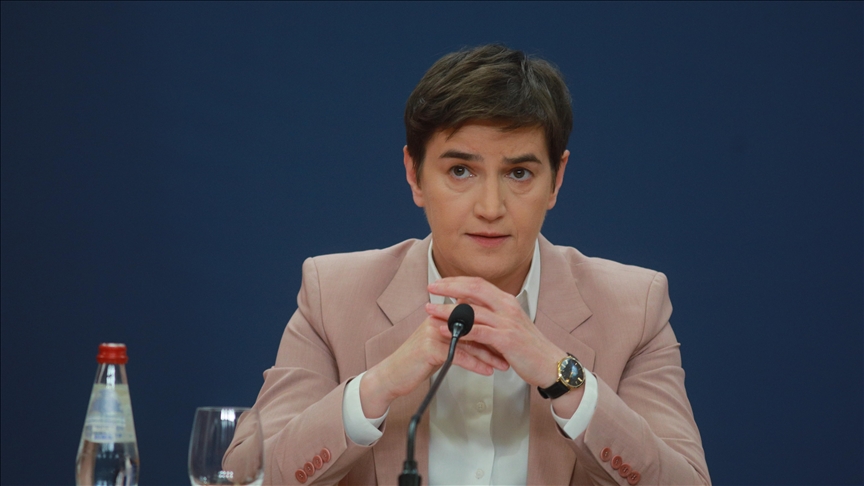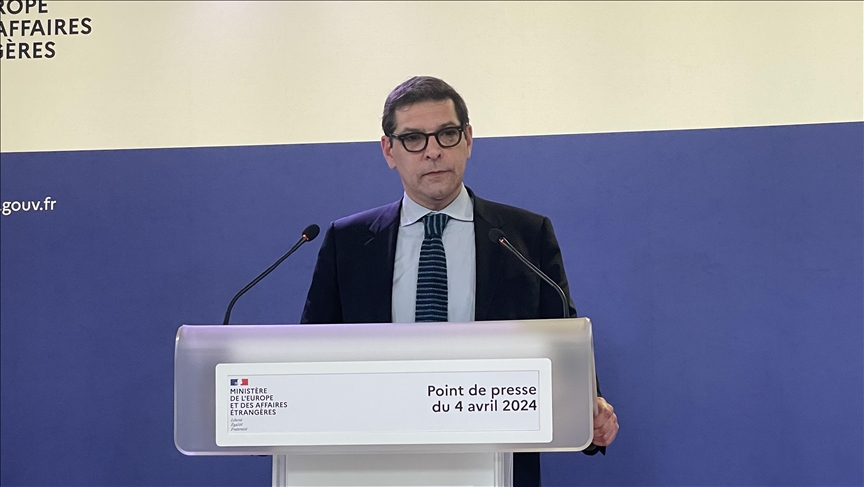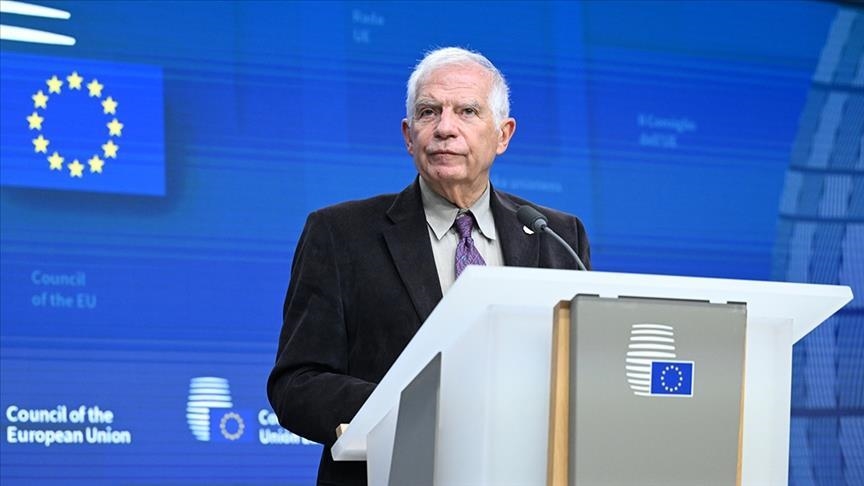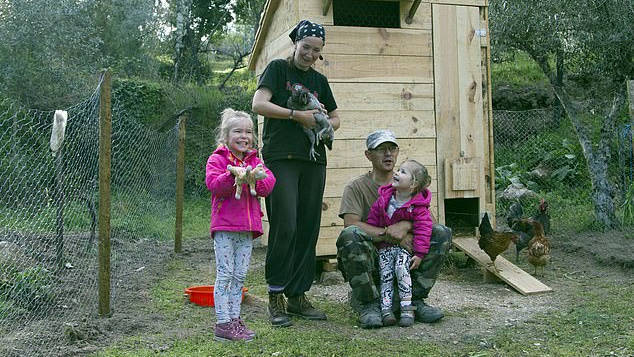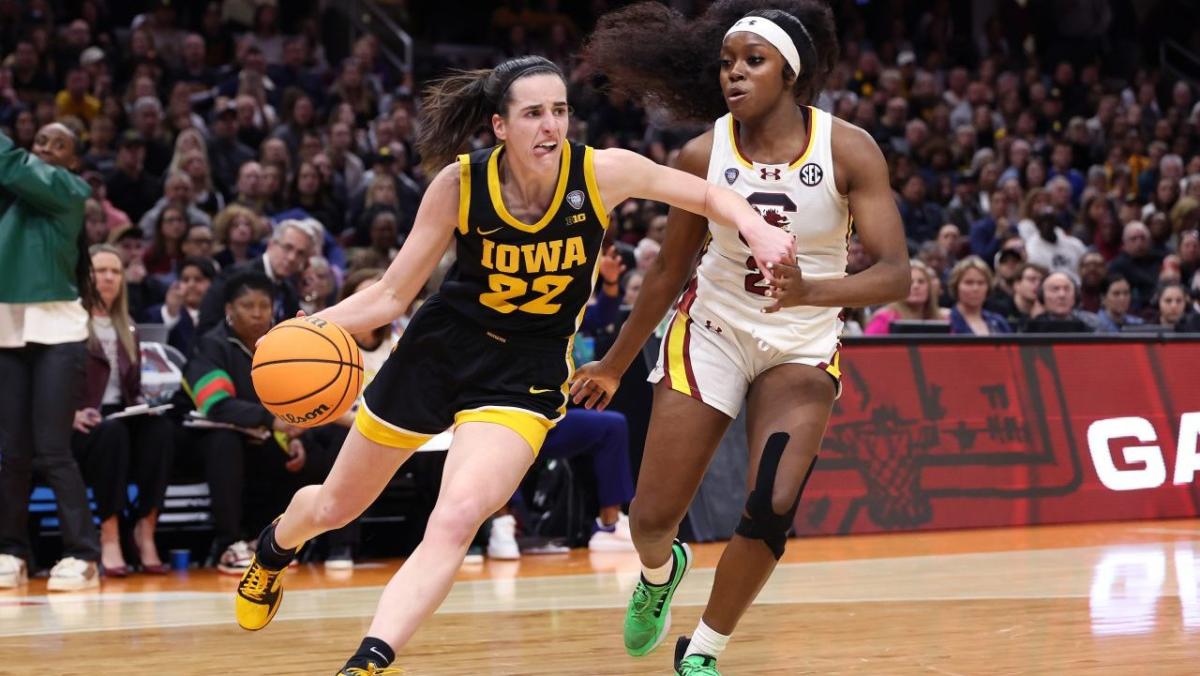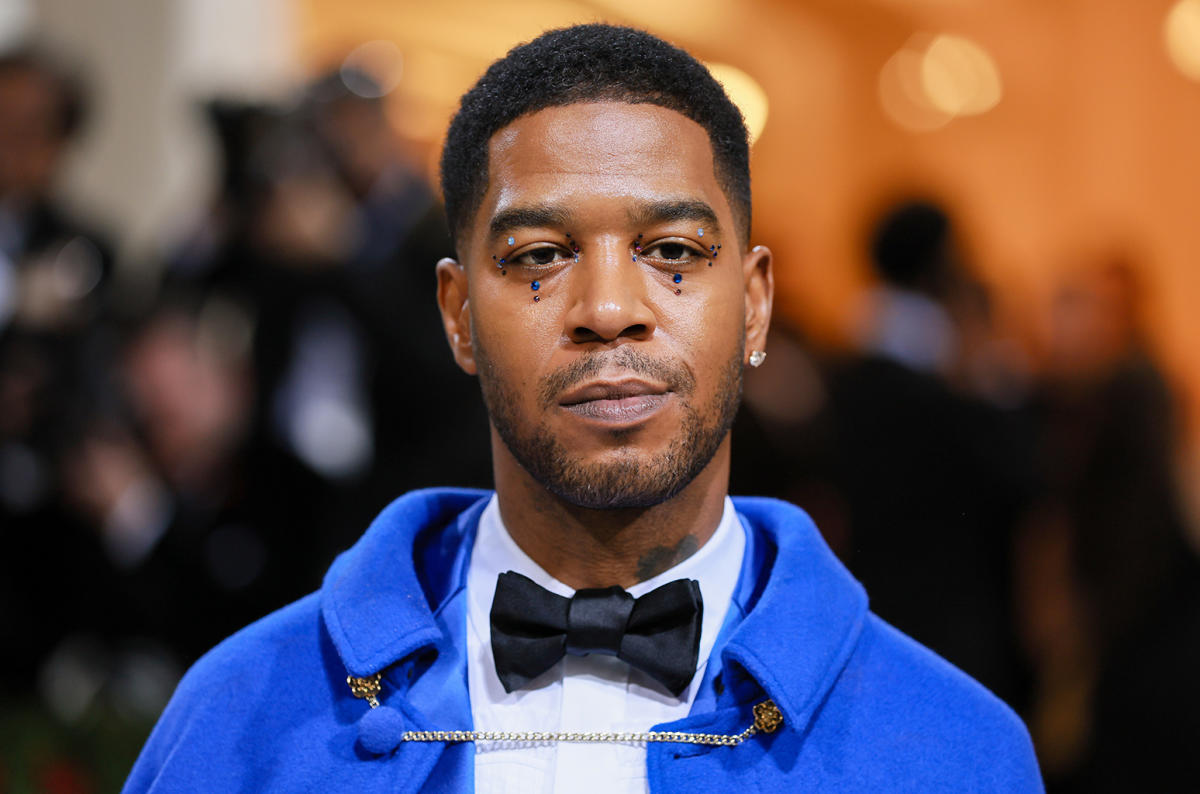
She-Hulk’s Meta Finale Is The MCU’s Greatest Shake-Up In Years
Warning: contains major spoilers for She-Hulk’s final episode
Nearly 15 years into the sprawling Marvel Cinematic Universe, it would be understandable if Marvel Studios was starting to run out of ideas. But of any gripes people might have with Phase 4, few could argue that the post-Endgame slate hasn’t been interesting. If anything, the weirdness has been ramping up. The final episode of She-Hulk: Attorney At Law – arriving in the wake of Taika Waititi’s screaming-goats-and-cancer-subplot summer blockbuster Thor: Love And Thunder, and Universal Monsters-inspired Halloween special Werewolf By Night – took that go-for-broke energy to entirely new heights. Within 30 minutes, the final chapter of Jennifer Walters’ story had her sledgehammering the fourth wall, taking charge of her own story, and turning the metatextual into text itself. Or, more plainly, it was bonkers, reality-smashing fun.

With The Multiverse Saga well underway, the MCU has already been in conversation with itself for the last two years. Presenting multiversal realities and alternative versions of characters inherently requires some acknowledgement of narrative paths not taken – of deconstructing the stories we’ve already been told, and consciously remixing them for an audience that’s able to recognise the necessary similarities and differences. See the alternative Loki and Doctor Strange variants in Loki and Multiverse of Madness, which presented subtle but important distinctions from the original characters we know and love, strengthening our ideas of who their 616 incarnations are (or aren’t). Meanwhile, the animated What If…? series might as well have cast Kevin Feige himself as the Watcher – an all-powerful being in charge of the MCU’s canonical narrative and therefore also to curate non-canonical stories in the context of a multiverse-hopping series.
Be honest: you never thought the final episode would go down like this.
She-Hulk’s finale took that sense of self-awareness several steps further, though. While Tatiana Maslany’s big green lawyer has spoken directly to the audience throughout the show, staring right down the barrel of the lens as she does so, come Episode 9 (with the probing title ‘Whose Show Is This?’) she took things to another level: halting a bad version of the finale and questioning whether the audience really wants what it thinks it wants, before busting out into the Disney+ homescreen and using the Assembled Marvel documentary section as a portal to our own world to go and confront the writers herself. Be honest: you never thought the final episode would go down like this.
No character is better-placed in the Marvel canon to do this kind of thing, given Jen’s propensity for breaking down the structural boundaries of her own comics – and the creators of the show ran with that opportunity, using it to multiple ends. This wild direction for the finale fully served Jen’s character arc in the series, while also probing at questions of what TV finales are actually good for, and poking fun at people’s perceptions of the Marvel formula in one fell swoop. Not to mention that, before that part of the episode, the show was already folding in the targeted internet misogyny that has been directed at She-Hulk ever since it was announced. To see the show deconstruct itself with such reckless abandon whilst also delivering an emotionally satisfying conclusion to the central character plot was a giddy highwire act.

So much of the daring of She-Hulk’s finale was in Marvel’s willingness to reflect on criticisms of its own work – particularly in how its other stories have concluded. Marvel’s movies really did have a third-act problem for a while. On the small screen, even a show like WandaVision that revelled in self-reflexive televisual parodies across its run led into a final instalment that hinged on a (still perfectly enjoyable) witch-on-witch magic brawl – part of the formula that Jen herself acknowledged is perhaps not actually satisfying for the audience. She-Hulk’s fake-out bad ending – with Todd Hulking out, Abomination spoiling for a fight, and the Hulk himself popping back up out of nowhere for no reason – didn’t feel far off some of the cluttered and confusing moments that marred the endings of The Falcon And The Winter Soldier and Moon Knight (mixed finales that capped off generally enjoyable series). She-Hulk not only opted to do something different, but literally opened up a conversation with the writers to question what that might be.
Going this meta often runs the risk of coming off smug, but Jen’s wit, heart, and honesty kept the whole thing in check.
It all came to a head with the episode’s greatest gag – that the ‘Kevin’ running the whole MCU show is not actually Marvel boss Kevin Feige, but an android with the acronym K.E.V.I.N. (Knowledge Enhanced Visual Interconnectivity Nexus), an AI churning out “near-perfect products”. (“Some are better than others,” it admits, “but I leave that debate up to the Internet.”) It’s a knowing jab at the criticism that these stories can sometimes feel designed by algorithm – but also a tacit acknowledgement that there is an element of formula involved in this kind of storytelling, genre restrictions that dictate what an ending has to look like. Jen’s own theory – that her story can just be about her, not about cramming in spectacle (“Those are _my_stakes, K.E.V.I.N.,” she implores with sincerity) – holds true. Her ending is not only much better and more satisfying, but the entire episode itself swivelled on an idea so weird that no machine could ever have come up with it.
Best of all, it was fun. The She-Hulk finale never felt like a lecture, and a big part of that fun was acknowledging the audience, bringing the viewers in so they were in on the joke – declaring straight-up that Jen needed to de-Hulk since it’s so expensive to render her green-giant form, noting how sexless the MCU has been so far (“Would not mind seeing Daredevil again; a woman has needs,” Jen requests of K.E.V.I.N.), and stating that the visual effects team are now busy working on Black Panther: Wakanda Forever (complete with Wakandan musical flourish). And part of the joke is that it’s true: we do want to know when the X-Men are coming, and we are interested in which cameos will inform future adventures. Going this meta often runs the risk of coming off smug, but Jen’s wit, heart, and honesty kept the whole thing in check. Unexpected, deeply satisfying, hugely creative – it was everything a finale actually should be. Maybe the K.E.V.I.N. (or, just Kevin) can take on some of those notes going forward.
It was a smashing episode in every sense, then – because not only did Jen Walters bust her way out of the fourth wall and into a finale that she truly deserved, but the final twist (itself set-up during Jen’s conversation with K.E.V.I.N.) revealed a surprising fact sure to be explored in an upcoming story: The Incredible Hulk FUUUUUC-
